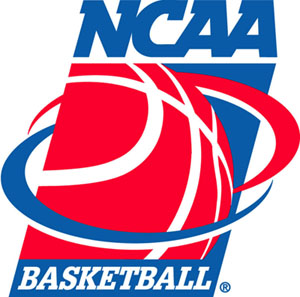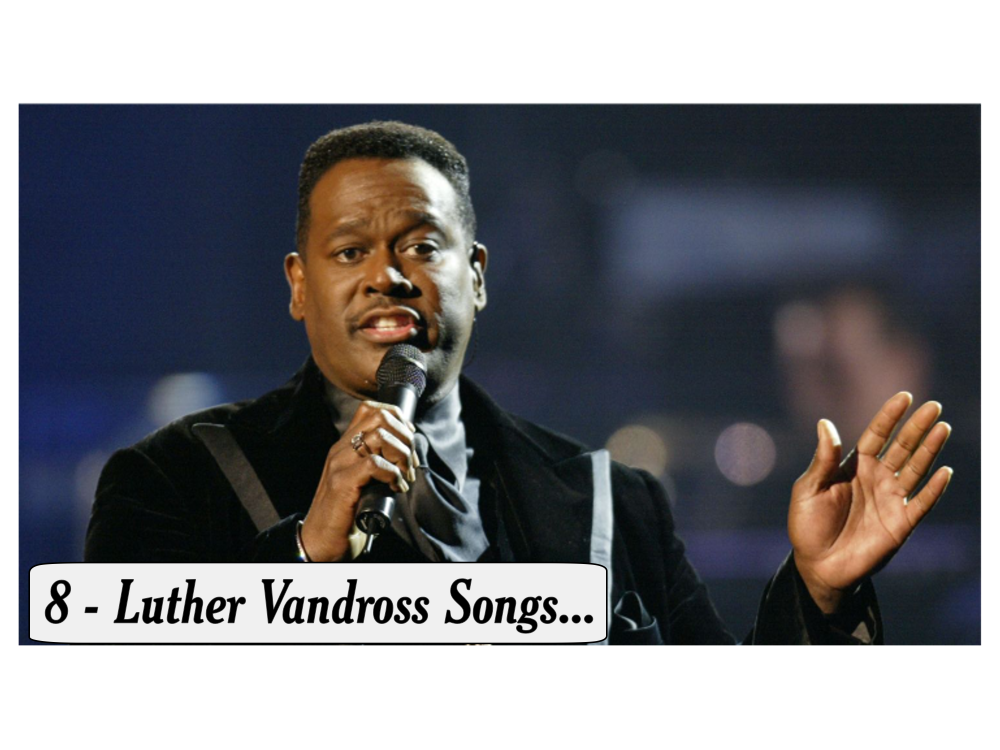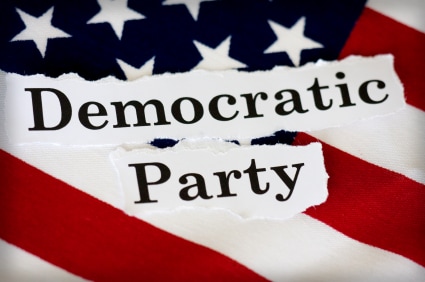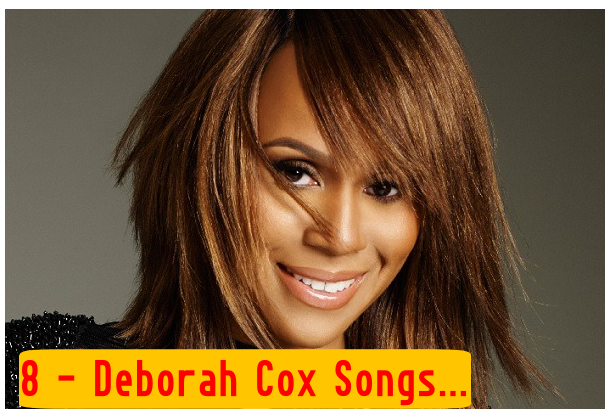(ThyBlackMan.com) The Institute for Diversity and Ethics in Sport at the University of Central Florida told us, once again, what most of us already knew: Black Division I men’s basketball players are lagging behind white student athletes when it comes to graduation rates. Although the study cites a long-term increase in the graduation rates of both groups, African-American males are still pulling up the rear.
So, what do we make of these disparities? Well, most casual observers of sport know that the graduation gap is a persistent part of collegiate athletics, and not a problem that is taken very seriously. We’ve come to expect that the white guys are the ones who walk away with access and opportunity while many of the black athletes, unfortunately, get about 10 seconds of fame and a lifetime of regrets. Even when these black male former athletes show up to their alma maters seeking jobs as coaches, they are typically rejected.
while many of the black athletes, unfortunately, get about 10 seconds of fame and a lifetime of regrets. Even when these black male former athletes show up to their alma maters seeking jobs as coaches, they are typically rejected.
Disproportionate sampling may also play a role in the gap. In a recent ESPN documentary about the Fab Five at The University of Michigan, Jalen Rose mentions the widely-known practice of allowing white guys with good GPAs and perhaps family connections to become bench warmers in order to help maintain the team grade point average. Nobody cares about who rides the end of the bench. They only pay their millions to see the men (typically black) who are dunking the basketballs and scoring all the points.
With that said, we cannot deny accountability on the part of the black male athlete when it comes to the education gap. An anti-intellectual culture that feeds off of media-driven hoop dreams often plagues the minds of young black men, leading them to sacrifice nearly all of their educational opportunities for a professional sports dream that is probably never going to happen. Even if these men do become professional athletes, far too many find themselves broke and uneducated after their athletic careers are over.
Digging deeper into the matter, we must also address the fact that many of these young men come from inadequately funded inner city schools, where most of the students are not prepared for college. Even for those young men with parents ambitious enough to keep their sons away from the standard trappings of the black male athlete, these boys arrive at high school graduation without the academic preparation necessary to succeed on a college campus. Their single digit ACT score (which may be coached up or even modified to reach the necessary level for them to gain eligibility), along with the struggles they will surely experience upon their arrival to campus, can all be directly connected to the fact that they went to a high school that couldn’t even afford to buy books.
When I am asked how to solve the NCAA’s black male graduation problem, I am at a loss for clear answers. Asking how to fix one component of the NCAA’s corrupt and exploitative system is like doing outpatient surgery on a drug addicted victim of a gunshot wound who also happens to have HIV. The point is that it’s complicated to heal something with such a complex set of structural problems, for the NCAA has made black male exploitation into a science.
This year, the NCAA stands to earn $613 million from the ad revenue in March Madness alone. That amount is substantially more than the amounts to be earned in both the NBA post-season and the post-season for Major League baseball. A league that can find a way to toggle through the intricacies of multi-billion dollar contracts and manage a list of regulations as long as the health care reform act can surely find a way to provide incentives for athletes to get their diplomas.
Perhaps an organization that truly cares about education would put its money where its mouth is: Put $200,000 into a trust fund for every Division-I athlete in a revenue-generating sport and tell him that his family only gets the money if he graduates. Given that every player in the NCAA tournament generates an average of $700,000 per year in NCAA tournament ad revenue (this doesn’t include concessions, ticket sales, video games, etc.), the league could clearly afford to do such a thing and perhaps even subsidize the measure by capping coaches’ salaries to less than $1 million per year.
The problem with my idea, which is far from rocket science, is that it would require the NCAA to do something that it dares not even consider: Share some of its massive revenue with the families of the athletes who actually earn it. Only America is a country so racially-skewed that it has no problem with the idea of a black mother living in the projects while her son is off earning tens of millions of dollars on television for a coach with a $20 million dollar contract. The athletic and academic apartheid of the NCAA shows itself not only in its disparity in academic outcomes, but also in the fact that the league extracts hundreds of millions of dollars out of the African-American community every single year.
The NCAA’s graduation disparity problem (which is easily solvable, but not as important as problems that affect their revenue stream) will only cease to exist when former and current athletes begin to communicate and enlighten themselves. The hoop dream must be vacated in exchange for an educational dream, and the NCAA must be confronted about its violations of both labor rights and anti-trust law. Not only do athletes need to study harder when they are on campus, but universities must do a better job of supporting them while they do. Additionally, we must all fight for a better public school system so that these young men are not sent to college campuses with all the athletic ability in the world, but none of the skills that are going to make them successful. The same sad song keeps getting played over and over again, and one day, we need to just put a stop to the music.
Written By Dr. Boyce Watkins
Official website; http://boycewatkins.com/

















Leave a Reply